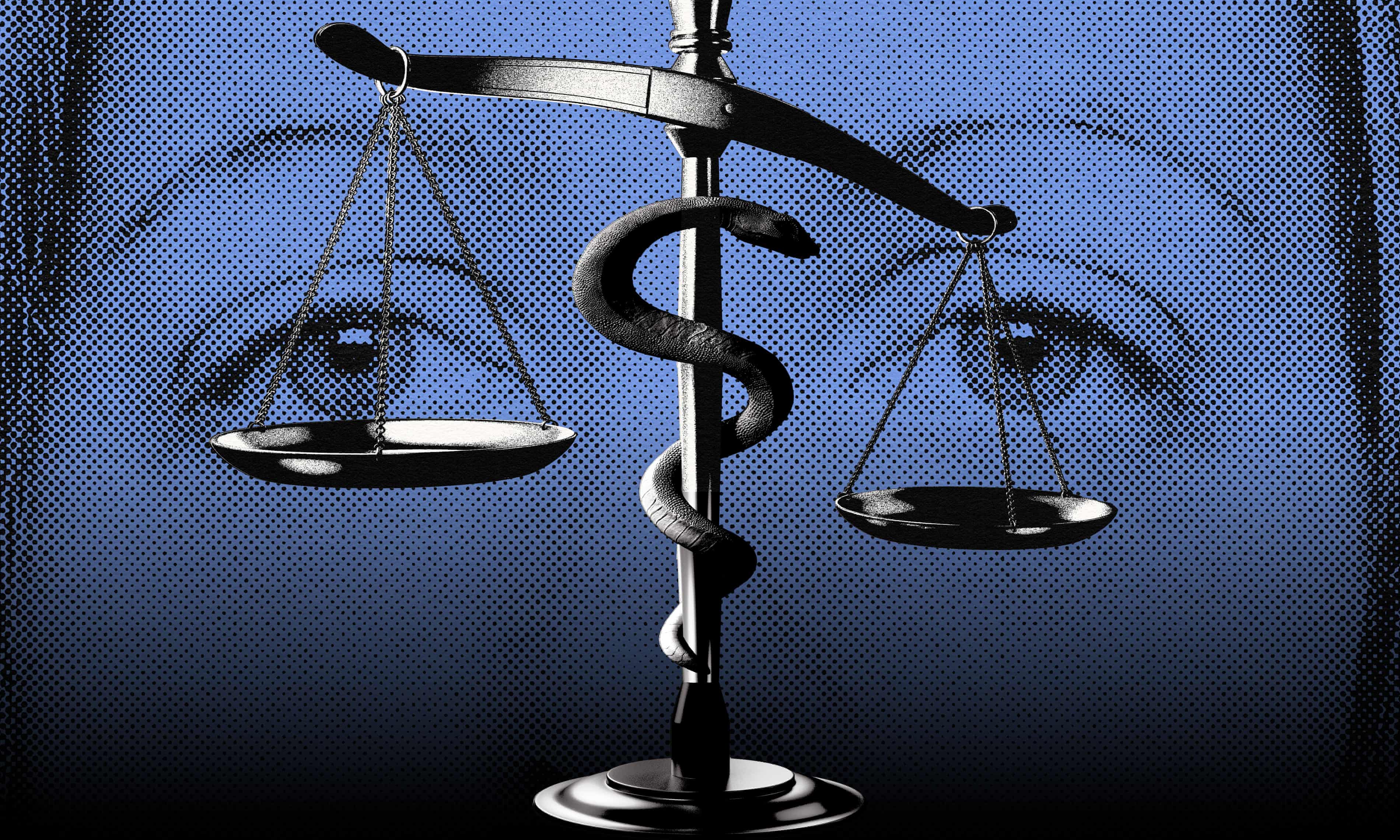If you’ve been enjoying these curated article summaries that dive into cultural, creative, and technological currents, you may find the discussions and analyses on our Substack page worthwhile as well. There, I explore themes and ideas that often intersect with the subjects covered in the articles I come across during my curation process.
While this curation simply aims to surface compelling pieces, our Substack writings delve deeper into topics that have piqued our curiosity over time. From examining the manifestation of language shaping our reality to unpacking philosophical undercurrents in society, our Substack serves as an outlet to unpack our perspectives on the notable trends and undercurrents reflected in these curated readings.
So if any of the articles here have stoked your intellectual interests, I invite you to carry that engagement over to our Substack, where we discuss related matters in more depth. Consider it an extension of the curation – a space to further engage with the fascinating ideas these pieces have surfaced.
The wobbly distinction between reality and artifice fascinates Nicolas Cage. The first time we encountered each other was in 2001, during the making of “Adaptation”—a film based on Charlie Kaufman’s struggle to adapt my book “The Orchid Thief” for the screen—in which Cage played Kaufman and his twin, Donald. He was in the middle of a scene, and I tiptoed onto the set as quietly as possible, convinced that any distraction would trigger one of the eruptions for which Cage had become famous. Between takes, he glanced at the handful of people watching, and exclaimed cheerily, “Oh, guys, look!” He pointed at me and a small, fuzzy-haired man I hadn’t noticed beside me. “It’s the real Charlie and the real Susan!” He seemed tickled by this collision between the characters in the movie and their real-life counterparts, and insisted that the crew take note. (Kaufman and I, who had never met before that moment, slunk away sheepishly.)
Where was the rager, the explosive madman who years later would inspire a viral supercut on YouTube of the climactic outbursts that marked such films as “Moonstruck” and “Face/Off” and “Vampire’s Kiss”? From what I can tell, Cage leaves it all on the set. In person, he’s courtly, gentle, careful with his words, reflective, and quick to be silly. The yawning divide between his performances and his personality is deliberate: having appeared in more than a hundred films since he began acting as a teen-ager, he counts on this separation to keep him sane, and to permit him a bit of mystery. We spoke recently at the Forge L.A. while his latest project, “Longlegs,” a horror movie directed by Oz Perkins, was being readied for its release in theatres on July 12th. Our conversation has been edited for length and clarity.
Read the rest of this article at: The New Yorker
The nondisclosure agreement is designed to live in the shadows. But earlier this year, I started to notice them everywhere. There was, of course, the NDA Donald Trump gave to Stormy Daniels, which was at the heart of his criminal trial and would now play a role in a second presidential election. In Silicon Valley, employees at OpenAI complained that the digital juggernaut of the moment was sending out NDAs that threatened to claw back their vested equity if they criticized the company. Lawyers representing Brad Pitt and Angelina Jolie in their divorce were arguing all spring over who had tried to make whom sign the more onerous NDA. O. J. Simpson reportedly gave one to every member of his family before they could visit him on his deathbed. And in May, in a very modern cry for help, Miss USA demanded a release from her NDA through a cryptic Instagram post in which the first letter of each sentence spelled out I AM SILENCED.
Those were just the NDAs that made headlines. In Vermont, a teacher at a Brazilian-jujitsu center was apparently requiring students to sign an NDA before receiving their black belt so they wouldn’t run off with his techniques. A 70-year-old woman in London convinced her local council to dim some streetlights that were keeping her awake and was then asked to sign an NDA so other residents wouldn’t be encouraged to bring further complaints. In Bhutan, where a government project to build a “Mindfulness City” had been shrouded in secrecy, a lawyer writing in the state newspaper argued that it was necessary to alter the country’s “traditional culture of gossiping and information sharing” and replace it with “a tool that is relatively new in Bhutan — the Non-Disclosure Agreement.” During an event at the Nassau Coliseum on Long Island, a professional wrestler who had been accused of signing one to cover up a backstage incident (he denies doing so) was taunted by fans with a thunderous chant: “NDA! NDA! NDA!”
In its simplest form, the nondisclosure agreement is a contract that prevents someone from saying something in exchange for something else. That something else is typically money, in the form of a job or a cash settlement, but it could be the chance to attend a sneak preview of a new Marvel movie. A “confidentiality agreement” is just another name for an NDA, while a non-disparagement agreement gives the same acronym a narrower focus: You can’t say something mean.
Read the rest of this article at: The Cut
The verdict handed down to the former neonatal nurse Lucy Letby last week brought to an end more than 21 months of court proceedings. After two trials and two attempts to appeal, Letby has been convicted of murdering seven babies and attempting to murder seven others. She is serving whole-life sentences.
For many there has been little room for doubt that Letby is the worst child serial killer in British history. Jurors heard harrowing testimony from the parents of the babies who died, and were shown notes scrawled by Letby and shift rotas that were used to condemn her.
Throughout the trial period, and much of the preceding six years when Cheshire police were investigating a cluster of baby deaths at the Countess of Chester (CoC) hospital and had arrested Letby, laws intended to ensure juries are not influenced by stories in the press meant British journalists reported only what was said in court.
Outside court, however, there has been a growing chorus of voices raising questions about some of the key evidence presented in the trial.
There was no forensic evidence to prove her guilt and no one saw Letby – who continues to maintain her innocence – causing harm.
That also applied to the retrial that reached a guilty verdict last week. Although one of the doctors concluded that she must have tampered with the breathing tube of a baby on three occasions, he did not actually see her doing it.
Read the rest of this article at: The Guardian
“I get hung up on the word scraping,” author R.O. Kwon says. “It sounds quite violent.” Last September, when Kwon learned that her first novel, The Incendiaries, was part of the Books3 dataset that some generative AI models were trained on at the time, she felt violated. She and other authors took to social media, lobbing anger, hurt, and frustration at the tech companies that had secretly “scraped” the Internet for data without consent from or compensation for creators. Kwon’s novels and others were poured into machine learning models, teaching them how to make “new” content based on patterns in the ingested text. (It’s this “generating” that makes generative AI distinct from other types of models that may only identify patterns or make calculations.) The years of work on those books added up: 10 years for one novel, 20 for a memoir, multiplied by the nearly 200,000 books found in the dataset.
“It’s potentially the biggest rip-off in creative history,” says Douglas Preston, a best-selling author and one of the plaintiffs in the class-action lawsuit filed after the initial outrage. In September 2023, 17 authors partnered with the Authors Guild, the oldest and largest professional organization for writers, to file a lawsuit alleging that Microsoft and ChatGPT creator OpenAI violated copyright law by using books to feed their generative AI models. OpenAI and Microsoft, for their part, deny allegations that they infringed any copyrights. The tech companies claim that training their models on copyrighted content is equivalent to a person reading books to improve their own writing. The future of books—and perhaps of creative industries as a whole in the United States—may come down to one judge’s definition of “fair use.” Words and who gets to use them are serious business.
But an ecosystem around text-based generative AI had evolved well before The Atlantic revealed the contents of key datasets. Large language models (LLMs) have been in development since 2017, and OpenAI’s GPT-3, the model that introduced generative AI to the mainstream, hit the world back in 2020. Now, tools, workflows, companies, industry standards, and, of course, grifts are in full operation, already shifting the way some books are written, published, and read. The technology has clicked right into the publishing industry’s recent trend toward efficiency, consolidation, and reader service—and seemingly away from sustainability of human labor. But some believe that generative AI could offer a path forward for writers at a time when it’s harder than ever to make a living through books. It all depends on the meaning of a few words.
Throughout its history, the publishing industry has always needed a boogeyman to represent new developments threatening the good old way of doing things.
“Barnes & Noble was that for a while because it was a chain and because they had centralized bookselling,” says Boris Kachka, author of Hothouse: The Art of Survival and the Survival of Art at America’s Most Celebrated Publishing House. “Then Amazon became the big bad guy, and Barnes & Noble looked old-school all of a sudden.”
Read the rest of this article at: Esquire
The idea sounded solid on the surface. Vlad Artamonov told prospective investors, many of them his former classmates from Harvard Business School, that he’d discovered a hidden way to learn which stocks Warren Buffett was buying early, an edge that would make him a lot of money. It involved, he said, combing through esoteric state financial disclosures and then trading on the information — essentially, a way to obtain insider tips legally. “Have an insane idea,” he told one investor in the fall of 2022. But it seemed plausible coming from Artamonov, who, in addition to his Ivy League credentials, had spent more than five years at Greenlight Capital, the highly regarded activist hedge fund run by David Einhorn, a self-described admirer of Buffett. He told investors he aimed for returns of as much as 1,000 percent and wanted to make “hundreds of millions of dollars” on the play. “It is really a ridiculous information arbitrage,” he told another investor that fall. “Basically getting tomorrow’s newspaper today. Literally having a private time machine.”
If it sounded a little too good to be true, Artamonov, now 45, assuaged some of his prospects’ fears by making them feel he was doing them a favor. “He came back again and said ‘I think you’re making a mistake.’ He was using the FOMO tactic — You’re really missing out, there’s big upside here,” says a former classmate who had initially rebuffed Artamonov. After some more calls, the friend invested $120,000 in early 2023.
A few months later, the friend was having second thoughts. Curious about Artamonov’s trading signal that was apparently hiding in plain sight, he started digging. He called several states, but officials told him there were no such disclosures. “I thought maybe I wasn’t looking in the right place,” he says. “I kind of was like, Ah, I don’t know why I’m even digging into this; he has something. He’s talking a good game, let’s see what he can deliver.” But as time passed, he received no updates, no quarterly letters, or any other documents from Artamonov indicating how the fund was performing, and he was planning some home projects for which he needed cash. By the summer, he decided to ask for his money back. That’s when things started to get really weird.
At first, Artamonov gently discouraged the withdrawal. “I don’t want this to be a piggy bank, I don’t really want this to be an ATM,” he told his former Harvard classmate. It’s fairly commonplace for hedge funds to lock up their investors’ money for extended periods while they try to create big returns in the market. But Artamonov kept coming up with new excuses. He needed to “get his accounts straight” amid all the trades he was making, he said; he had to make sure the withdrawal was processed correctly; he was undergoing an “audit” that was causing delays. When the friend called him repeatedly, he would pick up and promise to send the money — just as soon as he got back to his computer, which he was never near.
As the months passed, the friend reached out to someone he knew who had also invested with Artamonov and voiced what seemed like a crazy, irrational fear. “There’s no way Vlad would be running a Ponzi scheme, right?” he asked. The two dismissed it from their minds. “Why would he risk his reputation? It’s a small amount of money, it’s not rational — why would he put his career on the line?” they reasoned. “I think you give a friend the benefit of the doubt.”
Then, at the end of this past February, the fears were validated. Tish James, the New York attorney general, announced that Artamonov had indeed been running a Ponzi scheme, primarily targeting HBS alumni, for two and a half years and that she had succeeded in freezing his accounts. The 31 victims — who include executives at big consulting firms and real-estate corporations, veteran Wall Street professionals, and other very wealthy New Yorkers — who have come forward so far had together lost more than $3 million. One early investor killed himself after realizing the $100,000 he’d put in was gone, the AG said. “My stomach fell on the floor,” the friend remembers. “I can’t freaking believe this.”
Read the rest of this article at: New York Magazine





